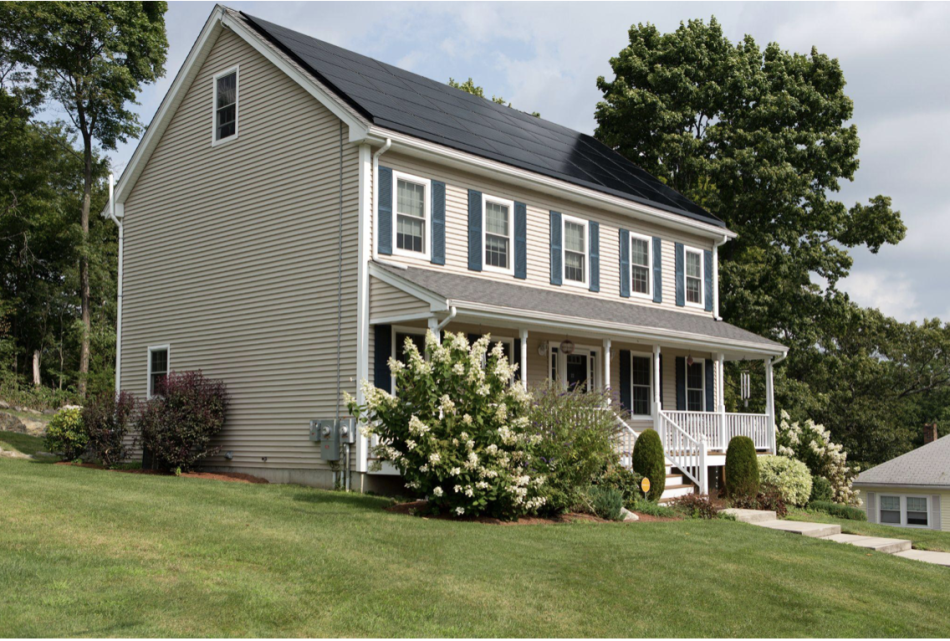Effective strategies to make your home more sustainable

Image Source: Unsplash
Sustainability is more than just a trend or hot topic nowadays. More people are starting to realize just how important it is to lead sustainable lives and to focus more on the health of the planet in the future. The actions we all take today can have a major impact on the next generation and the environment they live in.
You might think that only major corporations or organizations can make a big difference. But, sustainability starts at home. Making conscious choices to reduce your carbon footprint will help to preserve the planet and fight back against climate change – and you’ll reap a few benefits while you’re at it.
What Are the Benefits?
If you’re trying to get motivated to be more sustainable at home, consider how it will benefit both you and the environment. Some of the benefits of reducing your home’s carbon footprint include:
- Improved public health
- Lower utility bills
- Improved air quality
If you have kids, adopting more sustainable habits at home can teach them early on how important it is to take care of the planet. While sustainability efforts are important right now, the next generation can make an even bigger difference in the health of the planet if they adopt more sustainable lifestyles from an early age.
In addition to benefitting your home, sustainability strategies can help your local community, too. When you shop locally and organically, for example, you’re benefitting area farmers who use safer, more eco-friendly practices in their growing. You’re also reducing your community’s reliance on big box stores and supply chains that contribute to greenhouse gas emissions.
Small Sustainable Changes
With so much focus on sustainability and active environmental changes, you might wonder how you can get started without overwhelming yourself and your family. Thankfully, it’s easier than you might think. Making small changes within your home and shifting some daily habits will really add up over time.
Some of the easiest ways to be more sustainable at home include:
- Installing energy-efficient appliances
- Utilizing a compost pile
- Installing solar panels
- Recycling
- Upcycling
- Changing your light fixtures to LED
Changing your habits to be more environmentally friendly might mean taking shorter showers (or installing low-flow showerheads and toilets), producing less waste, or only using the dishwasher when it has a completely full load.
You can also get “smart” with your changes by investing in smart technology for your home. Things like smart thermometers are fantastic for reducing your carbon footprint from the palm of your hand. They can be programmed so the temperature doesn’t fluctuate too much, and you can keep things cooler in your home when you’re not there so you’re not wasting energy.
If you’re interested in bigger changes, consider looking into sustainable construction. Things like solar panel installation are becoming more popular across the country – so much so, that all new residential structures are required to have solar photovoltaic (PV) systems installed in the state of California.
Adopting a Minimalist Lifestyle
Minimalism isn’t a new trend, but it’s gained a lot of popularity in recent years. People are downsizing, tiny homes are becoming increasingly popular, and getting rid of clutter and too much “stuff” is becoming appealing for many.
Minimalism might seem like a design trend, but it’s actually a great way to live more sustainably, too. When you adopt the lifestyle, you’re reducing your consumption. You’ll use less energy, produce less waste, and buy fewer things. As a result, you’ll create less stress on the environment, reduce your carbon footprint, and can even help to reduce noise pollution.
Adopting a minimalist lifestyle doesn’t mean you have to get rid of everything you own. You can start by downsizing your home, if possible. When you do, you’ll quickly learn what you want to keep and what can be put into storage, donated, or recycled. When you’re given a smaller space to work with, you’ll quickly adapt. Beyond that, being a minimalist means:
- Choosing quality items over quantity
- Investing in reusable materials
- Giving everything its proper place
- Cutting out meaningless items and expenses
In addition to helping the planet, being mindful of your minimalist practices can help to reduce your stress and live a more peaceful, relaxed lifestyle. When you cut the clutter out of your life, you inadvertently end up cutting a lot of it out of your mind, too!
Making your home more sustainable requires a combination of physical and habitual changes. You don’t have to completely transform your current way of living to make it happen. Rather, focus on small steps and swaps that can make a difference. When you start to see the benefits – including lower utility bills – you’ll likely be more motivated to keep it up. Plus, you can enjoy peace of mind knowing you’re protecting the future and doing something good for the planet.






I think the idea of using toilets and faucets that use less water is good. But I have one more tip regarding this.
If you’ve got a green thumb but want to reduce your water usage, it may be beneficial to look into getting a rainwater collection barrel. Depending on your state or county rules, you may be able to collect rainwater with a collection barrel. Many outdoor gardeners use this method to water their plants and crops to prevent using city water.